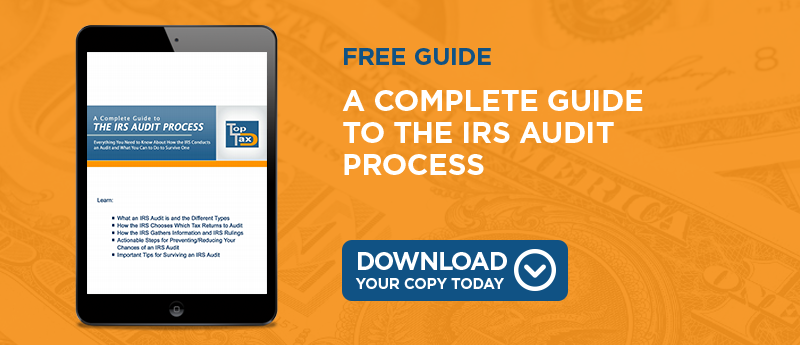
Taxpayers who have a tax levy imposed on their accounts often have to deal with tax troubles for years to come. The levy can dramatically affect their well-being, siphoning off needed income and valuable assets. If you receive a notice of an intent to levy it’s important to find out what is involved.
Definition of a Tax Levy
A tax levy is essentially a claim that the IRS places on your assets in order to collect back tax payments you owe. While a tax lien simply entitles the IRS to your assets, a tax levy gives the agency the authority to collect proceeds in any way deemed necessary. One of the major concerns for taxpayers who are affected by a tax levy is the fact that the arrangement allows the agency to require others to submit payments on your behalf without your consent.
How the IRS Enforces a Levy
One of the most common ways the IRS enforces a tax levy is to collect proceeds from your income. For example, if you have a significant tax debt that you have not resolved, the agency may place a levy on your earnings. This would require your employer to garnish your wages and send a large amount of your pay directly to the IRS. Your employer does not need your consent to do so and is, in fact, required by law to comply with the levy.
Another way that the IRS may impose a tax levy is to take proceeds directly from your bank account. This is typically used in cases where the taxpayer has a large amount of savings or is receiving regular monthly payments in his or her bank account. So, if you've been collecting retirement or pension payments by direct deposit, the IRS may enforce the tax levy by requiring the bank to send a portion of these monthly payments to cover your tax debt.
If you don't have regular monthly payments or significant assets in your bank account, the IRS may use a tax lien to stake a claim on your property such as your home, your land or your vehicle. This gives the agency the authority to sell your assets and then use the proceeds to cover your debt.
What to Do If You are Affected by a Tax Levy
The best thing to do if you are notified of the IRS' intent to place a tax levy on your account is to contact the agency immediately about either appealing your case or setting up a payment plan. Once a levy is imposed, it is very difficult to have it removed, so it's best to open up communication with the IRS quickly and let agents know that you intend to clear up your back tax debt right away.
Waiting until you have a tax levy imposed is the worst thing you could do to resolve your tax debt. Once you learn about what a tax levy involves, you'll be in a better position to clear up your back tax debt with the IRS.




